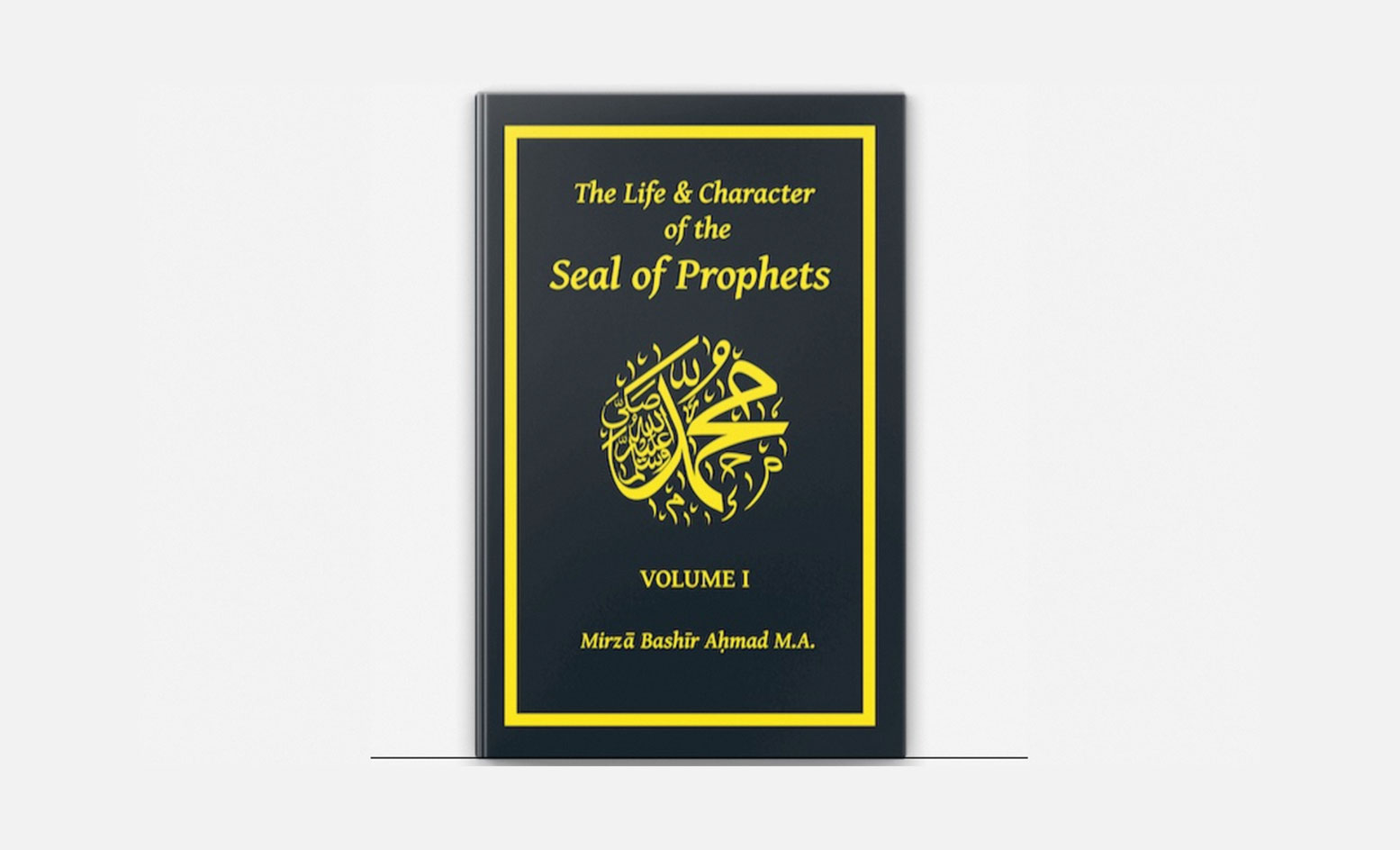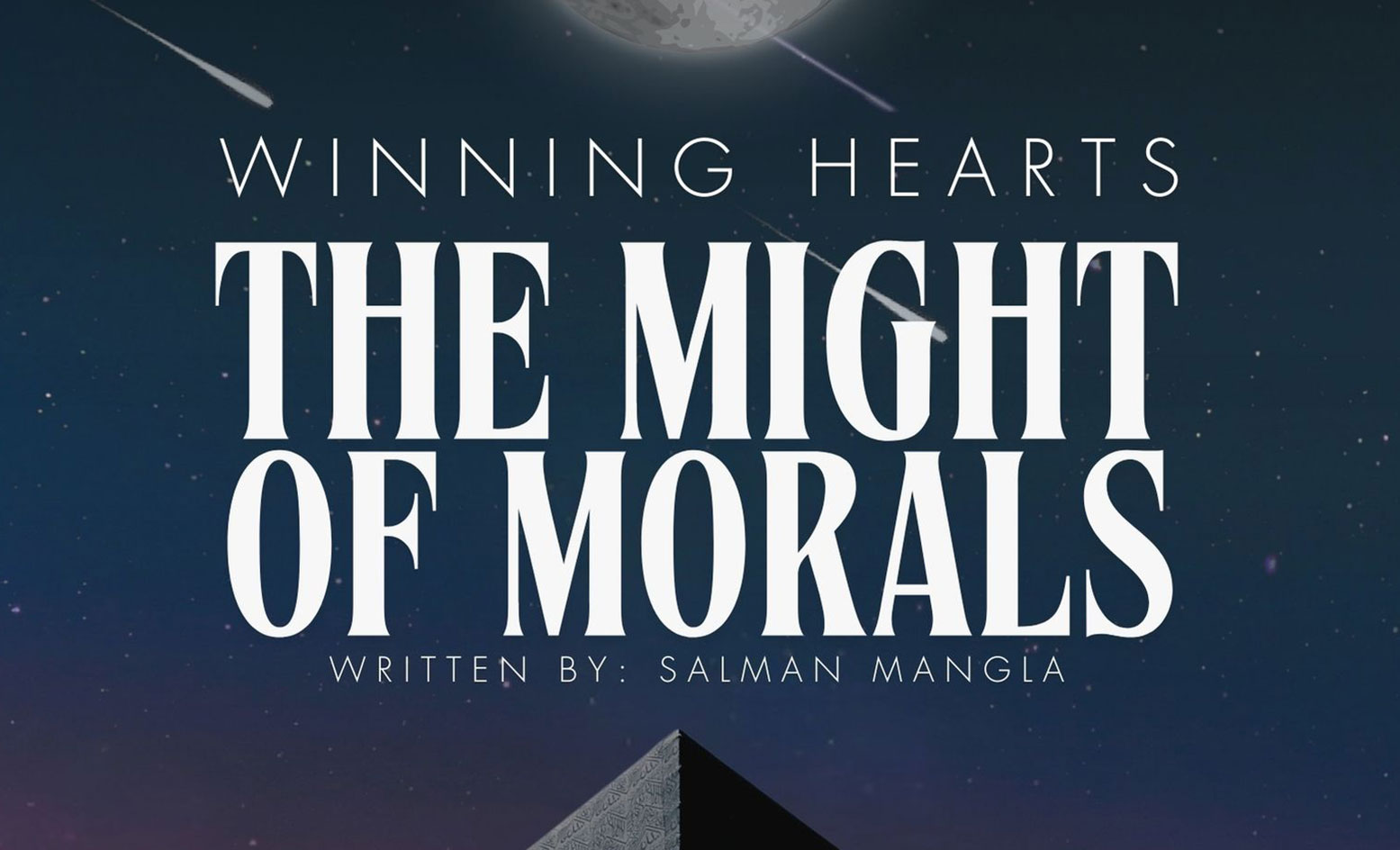Undoubtedly, the ancient custom of alcohol consumption is deeply woven into the fabric of modern-day society. Despite being consumed by almost two billion people worldwide, of whom at least 76.3 million suffer an alcohol-related disorder, alcohol is perceived as just another routine of daily life.
In 2010, members of the Independent Scientific Committee on Drugs published the results of an analysis rating the most harmful drugs in terms of their detriment to the user, the user’s families and their environment. Alcohol was judged to be, by far, the most harmful substance – followed by heroine and crack cocaine.
Although earlier studies on alcohol consumption would list some minor health benefits to moderate drinking, in 2023, the World Health Organization published a definitive and conclusive statement that, “when it comes to alcohol, there is NO safe amount that does not affect health.” They described alcohol as a “toxic, psychoactive, and dependence-producing substance.” In other words, it was inarguably classified as a liquid poison.

1. Mark E. Rose M.A. andCheryle J.Cherpital, Alcohol: Its History,Pharmacology andTreatment (CenterCity, MN: Hazelden, 2011), 45
2. DJ Nutt, LA King andLD Phillips, “Drug Harms in the UK: A Multicriteria Decision Analysis,” The Lancet 376, 9752 (November 2010):1558-1565.
As the world acknowledges the harmful impact of alcohol and scrambles to minimise its detrimental effects, many are unaware that in the history of human civilisation there does indeed exist a time when a society was purged of the troubles that accompany alcohol consumption—a society whose people were delivered from the shackles and stronghold of alcohol abuse.
A thorough study of history and prohibition movements tells us that in all of human history, through every civilization that has appeared on the face of this earth. just one single instance is found in which alcohol prohibition was successfully implemented. This revolution took place in seventh century Arabia and themovementinquestionwasledby none other than the Holy Prophet Muhammad, peace and blessings of Allahbeonhim.
Through his practice, presence, teaching and spiritual power, the Holy Prophet Muhammad first changed the prevailing mentality and perceptions surrounding the act of alcohol consumption. Once this was achieved and the time came to forbid it completely, prohibition was instated in a slow and gradual manner – effectively liberating habitual and generational drinkers from the harms of this liquid poison.
When the Holy Prophet Muhammad announced that alcohol had been definitively forbidden in the Holy Qur’an, Muslims immediately poured out whatever they had left in stock, to the point that alcoholic drinks were seen flowing through the streets of Medina.
In any given scenario, the world will eventually come to realize the beauty and efficacy of Islam’s strategy to combat alcoholism. As the Promised Messiah, peace be upon him, once said:
“Many times, it happens that if a certain thing is not widespread enough, its effects cannot be known. Take for instance the prevalence of alcohol nowadays in places like Europe – if this prevalence did not occur, then how could its negative effects become manifest, from which the world today seeks refuge? And by its prevalence, the beauty of Islam and the Messenger of Islam is revealed, who stopped this vice once and for all and deemed it unlawful.”




